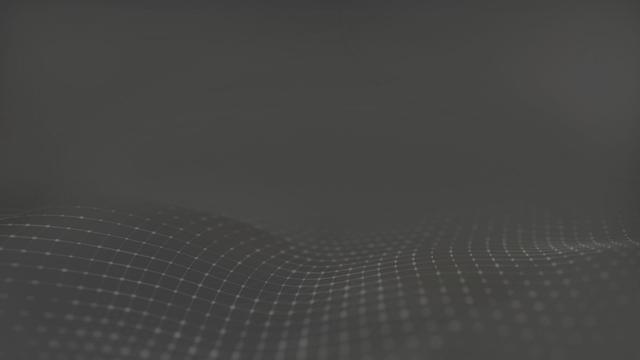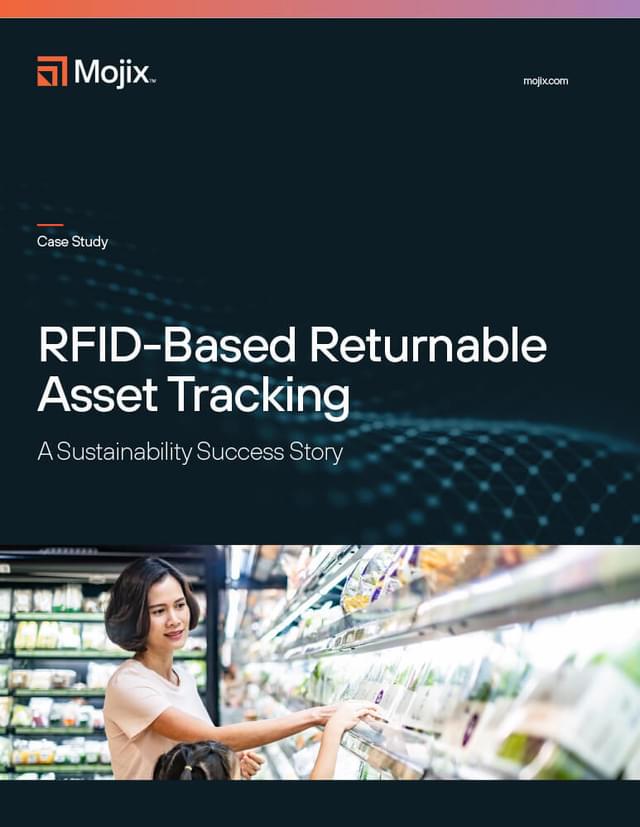
Case Study
RFID-Based Returnable Asset Tracking
RFID-Based Returnable Asset Tracking
A sustainability success story
Tosca has been at the forefront of the reusable revolution from the very beginning.
Mojix and Coriel’s combined expertise and technology offers reliable end-to-end traceability for their Returnable Plastic Containers, improving stock accuracy between all maintenance sites in Europe.

Download our case study
The Challenges
- Creating a unified inventory with mixed identification technologies
- Reliable data capture
- Reliable interfacing with the Asset Management platform
Find out everything you need to know about this groundbreaking precedent for product transparency and sustainability. Fill out the form for your free copy today.

Increase visibility throughout the entire supply chain
Increase visibility throughout the entire supply chain
Let’s connect to discuss how we can help you collect, manage and share data throughout the supply chain for optimal traceability.




